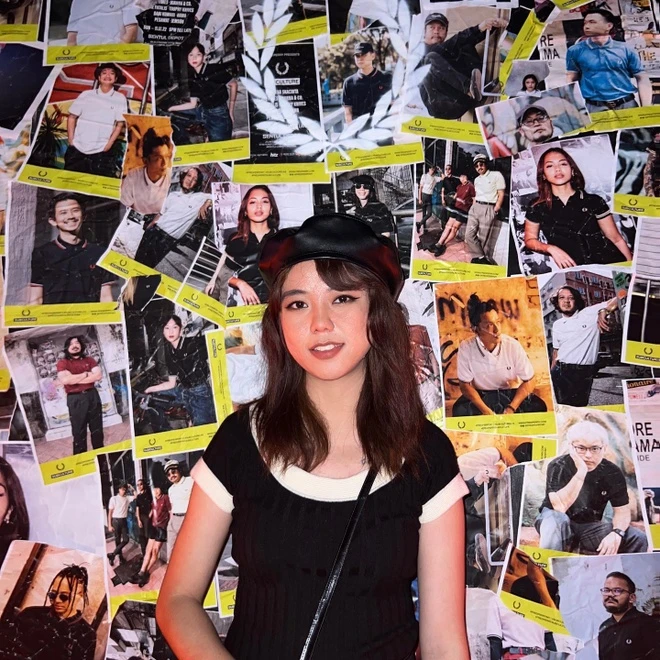The people of Madagascar have a unique ritual to celebrate family ties called Famadihana, also known as ‘turning of the bones’. It is a festival celebrated every 7 years or so, during which family crypts are opened up and the remains of dead ancestors are brought out to be wrapped in a new cloth. The Malagasy then dance with the corpses in great joy. Live music is played, animals are sacrificed and the meat is distributed to various guests and members of the family. The elders explain to their children the importance of the dead who are lying before them. Famadihana is viewed as a day to show your family just how much you love them. Extended families get together and celebrate kinship.
According to Malagasy belief, people are not made from mud, but from the bodies of the ancestors. Hence they hold their forefathers in high regard. They also believe that unless the bodies decompose completely, the dead do not leave permanently and are able to communicate with the living. So until they are gone forever, love and affection is showered on them through the Famadihana festival. It is interesting to note that the festival is not an ancient practice of Madagascar. Its origins cannot be traced beyond the seventeenth century. Read More »







